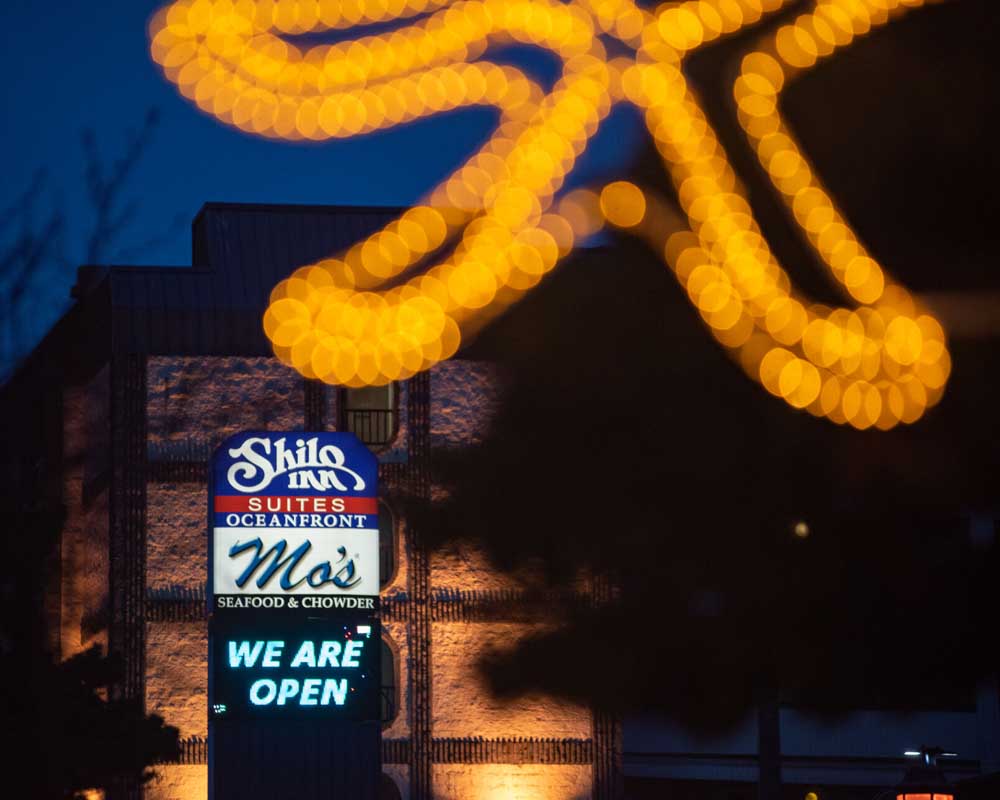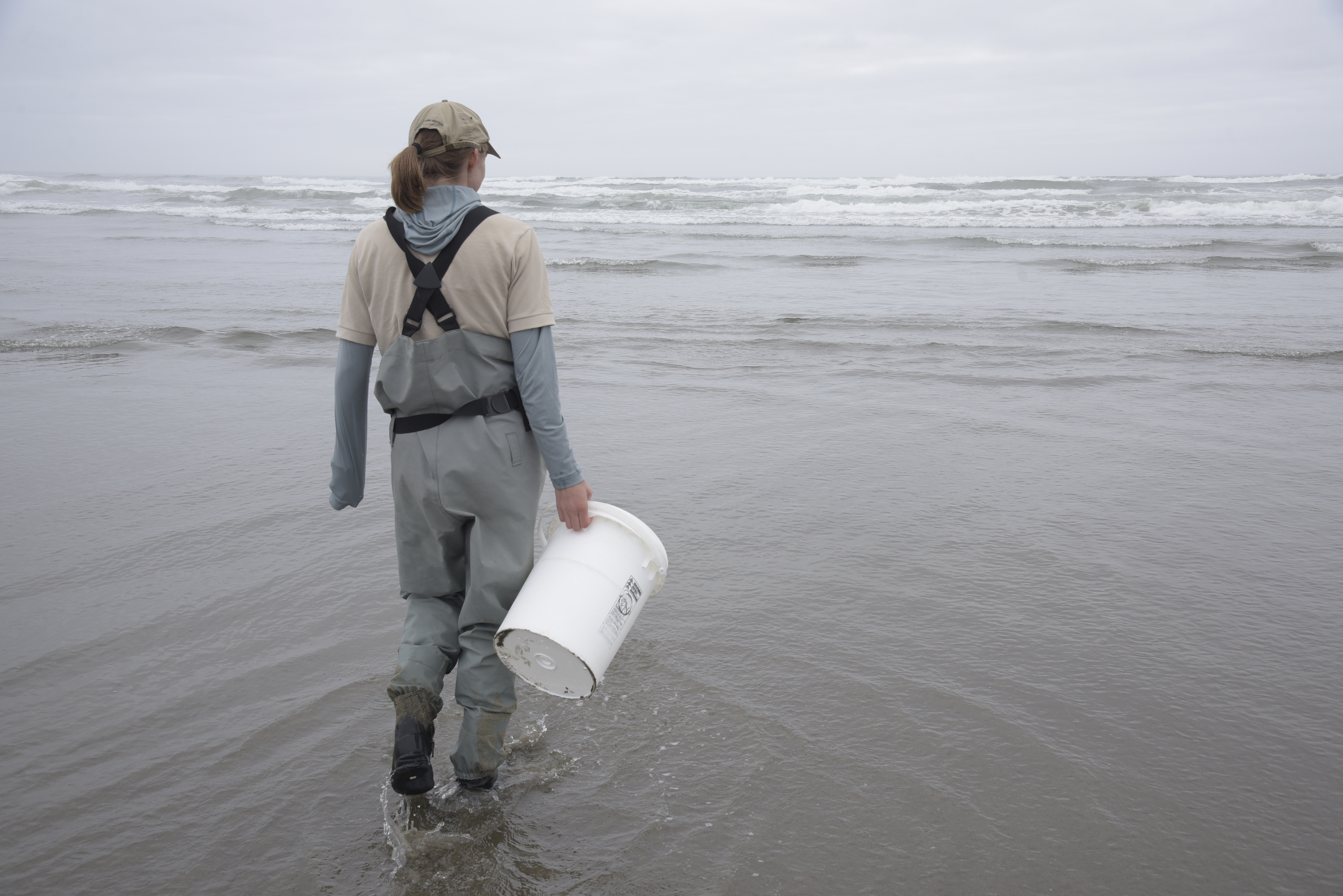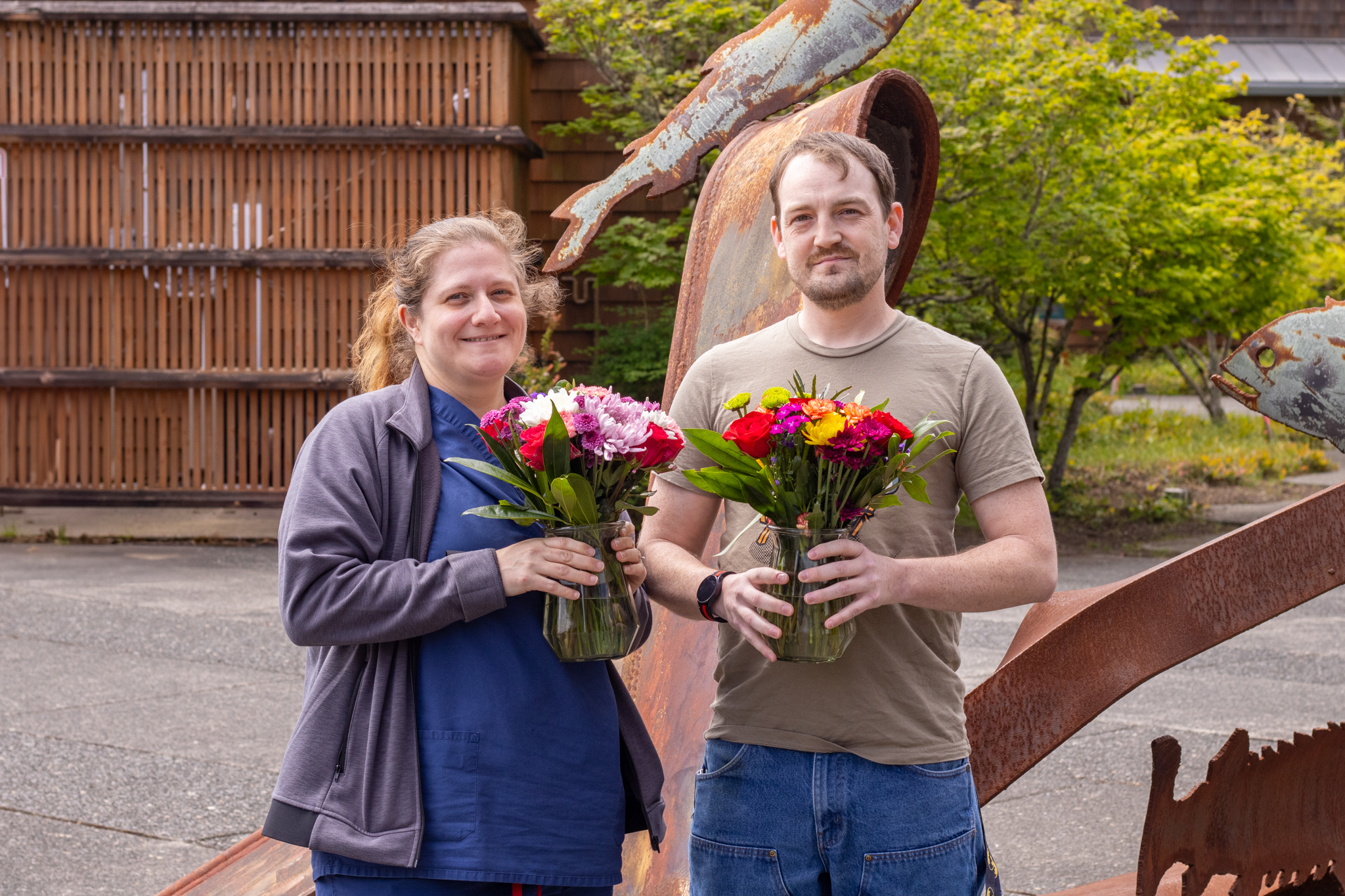County to consider rate increase after lodging tax bill dies in legislature
Published 11:45 am Wednesday, July 2, 2025
Clatsop County could soon see an increase to its countywide transient lodging tax rate after a bill that would have increased spending flexibility died in committee last week.
For the last several years, the county has pushed for flexibility on how it spends revenues from local lodging taxes, which are paid by tourists and collected and remitted by hotels, motels and other lodging providers. Jurisdictions statewide have collected lodging taxes for decades — but in 2003, the state Legislature imposed a ratio requiring at least 70% of revenues to go to tourism promotion and tourism-related facilities and reserving the remaining 30% for discretionary spending.
That 30% hasn’t been sufficient in addressing tourism-related impacts on critical infrastructure and public safety during peak tourism seasons where the population can sometimes double or triple, county officials say.
Trending
“These are essential services that we’re talking about, and people want to feel safe,” said County Manager Don Bohn. “They want to know when I call 911, that fire, law enforcement is going to show up. So I feel like the conversation is moving forward, but we still have a lot of work to do to really reinforce why this is so critical.”
Last year, staff proposed an increase to the countywide transient lodging tax rate, citing a $1.2 million shortfall at the Clatsop County Jail, which the tax helps fund. In January, commissioners held a first reading on the increase, but postponed a second reading until July with hopes of a legislative fix.
Without a bill on the governor’s desk, that fix is off the table — at least for this session.
Commissioners are anticipated to vote July 23 on ordinance amendments that would increase the countywide lodging tax rate from 1% to 3%. The increase would bring in an estimated $1.4 million in additional discretionary revenue for the county, which Bohn said it intends to spend on public safety. The revised ordinance also gives the county discretion not to levy maximum rates in the event that additional spending flexibility is granted in the future.
Bill stalled
At the beginning of the legislative session, the county was hopeful that House Bill 3556 could help address some of its limitations surrounding the transient lodging tax. The bill — whose chief sponsors included Rep. Cyrus Javadi and Sen. Suzanne Weber of the North Coast — proposed a definition change to the existing law, adding public safety and community infrastructure as acceptable uses for the larger portion of the 70/30 split.
Trending
HB 3556 got an initial hearing, but never made it out of committee due to concerns that local jurisdictions might not put any money toward tourism-related facilities and tourism promotion without clearer guardrails.
“For us as an industry, that was a really hard initial proposal to respond to, because for our members and the folks that are running these small businesses around the state and in the hospitality industry, broadening that definition was really a non starter,” said Jason Brandt, president and CEO of the Oregon Restaurant and Lodging Association. “It would create no guarantees that we’re still thinking strategically about at least some of these dollars being used as an economic tool for the generation of that multiplier effect — visitor spending, and all the ways that visitors bring fresh new dollars to our local economies.”
In response, legislators brought back an identical bill, House Bill 3962, to continue working on. After four closed-door conversations with ORLA, local jurisdictions and other stakeholders, the House Committee on Revenue passed the bill with a number of amendments — most notably, an amendment to switch the spending ratio to allocate a minimum of 40% of local lodging tax revenues for tourism-related facilities and tourism promotion and 60% for discretionary spending.
The bill went to the House floor, where it narrowly passed with 31 votes, but stalled in the Senate Committee on Finance and Revenue and eventually died.
Navigating nuances
Javadi said the hope is to pick up the conversation again during the short session next year.
Although HB 3962 didn’t pass, it did gain traction — partly due to concerns around the potential financial impacts of the state’s habitat conservation on local communities as timber revenues decrease, Javadi theorized.
“Before the session even started, we were having all sorts of discussions on how we support schools and the function of government and the impact on the private economy,” Javadi said. “And so we talked about the transient lodging tax as a potential fix, knowing then that it was going to be a heavy lift and difficult to get through.”
Javadi also referenced testimonies from cities like Seaside, which has an estimated $11 million in surplus lodging tax revenues. Although there are other tourism-related projects the city could put those funds toward, city officials have said they’re a lower priority than infrastructure projects and public safety.
“That was a powerful message to legislators that, oh my gosh, there’s evidence that says it’s broken,” Javadi said. “We have public funds, tax dollars, sitting on the sidelines that aren’t able to be used for really anything meaningful at this point.”
But the bill also didn’t move forward without criticism. Brandt highlighted a disconnect between the number of people visiting an area and the number of people staying overnight and paying lodging taxes. He also stressed what he sees as a common misconception around the 70/30 split.
Because the ratio only applies to tax rates imposed after July 1, 2003, some jurisdictions have far more than 30% — and in some cases, far more than half — of local lodging tax revenues already available for discretionary spending. While Brandt acknowledged the strains tourism can have on certain communities, he said it doesn’t make sense to make sweeping changes unilaterally across the state.
“Our concern as a statewide association is to make sure we don’t throw the baby out with the bath water, so to speak, right?” he said.
Brandt said that ORLA isn’t surprised that Clatsop County is considering a rate increase — but he hopes the county will be strategic in engaging with the industry about how to best leverage the additional funding going toward tourism. As a first step in continuing conversations, he feels it’s important to be clear on what portion of transient lodging tax revenues communities are actually using for discretionary spending.
“I think we need to do this the Oregon way, which is make sure we’re all accessible, be open to conversations about what might be possible to deal with pieces of state law without upending an entire system that has created just monumental gains for Oregon’s economy as it relates to our tourism investments since these laws were put into place,” Brandt said.
Bohn said the county will also be involved in conversations with the tourism industry — but many of the county’s highest needs, like public safety, can’t be covered by tourism dollars under the existing framework.
“We value the tourism economy and the tourism industry. I mean, we want to partner with them,” he said. “But it’s not partnering with them on discrete projects. We want to partner with them on a sustainable financing plan for these higher impact counties, because we think it benefits them, and it benefits our residents, and it benefits local governments.”










